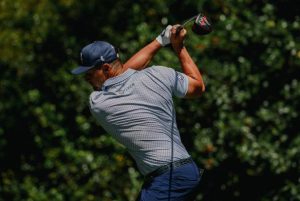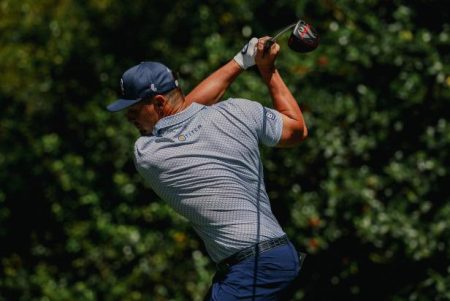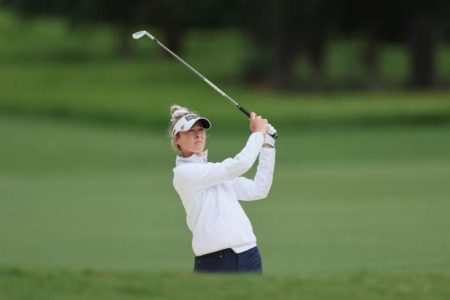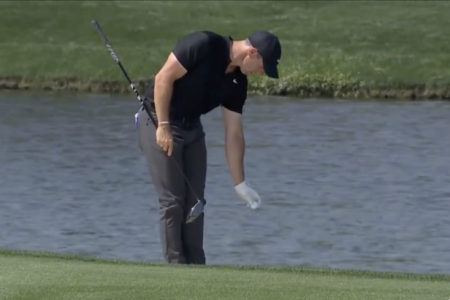Coaching players on the PGA Tour involves more than just swing mechanics. It is about helping players navigate the mental and emotional challenges that come with competing at the highest level. Unlike practice days, the intensity and goals on competition days are different. As a coach, one must help players work into the week and get into the flow of the event. This involves understanding the player’s baseline pattern, identifying strengths and weaknesses, and developing a strategy that minimizes uncertainty and stress.
After a round, the focus shifts to analyzing strokes-gained statistics to identify areas of improvement. This requires aligning objective statistics with subjective player feedback and observations from the coach and caddie. The art of coaching versus teaching comes into play as coaches must determine whether issues can be addressed immediately or managed throughout the event. Players like Max Homa and Justin Rose prefer straightforward feedback in developing strategies to manage their game successfully.
Understanding a player’s bandwidth to absorb new information is crucial, especially during a tournament. While some players may grind on the range for extended periods, coaches must avoid counterproductive practices and take control when necessary. Developing a specific vernacular for each player helps create unique cues and reminders tailored to their swing and areas needing improvement. Coaches use past experiences, cues, and player feedback to guide players through challenges and help them feel comfortable on the course.
An example of this coaching strategy is seen with Max Homa at the Valero Texas Open, where his posture was a focus of improvement. By showing him past recordings of successful swings and reminding him of what he was doing well, Homa was able to make necessary adjustments and see results at the Masters the following week. Despite feeling awkward initially, the use of player feedback and cues helped him feel more comfortable and confident in his swing.
Players may initially feel uncomfortable or silly when asked to review recordings of their swings and provide feedback. However, this practice proves to be powerful as it allows players to reflect on their own words and experiences, enhancing their memory and feels in a different way. By tapping into their memories and past successes, players can better understand and implement changes to improve their game. Overall, coaching on the PGA Tour involves a balance of technical instruction, mental support, and personalized strategies to help players succeed in competition.










